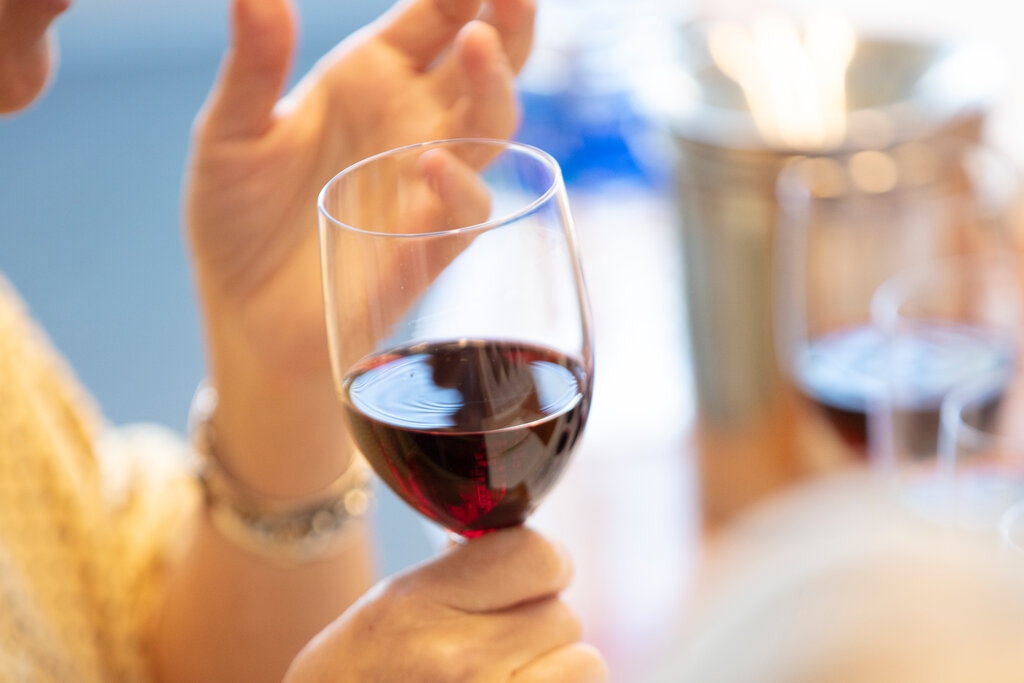Moderate drinking is unlikely to impair the immune response to the Covid vaccine, but heavy drinking might.
The short answer is that it depends on how much you drink.
There is no evidence that having a drink or two can render any of the current Covid vaccines less effective. Some studies have even found that over the longer term, small or moderate amounts of alcohol might actually benefit the immune system by reducing inflammation.
Heavy alcohol consumption, on the other hand, particularly over the long term, can suppress the immune system and potentially interfere with your vaccine response, experts say. Since it can take weeks after a Covid shot for the body to generate protective levels of antibodies against the novel coronavirus, anything that interferes with the immune response would be cause for concern.
“If you are truly a moderate drinker, then there’s no risk of having a drink around the time of your vaccine,” said Ilhem Messaoudi, director of the Center for Virus Research at the University of California, Irvine, who has conducted research on the effects of alcohol on the immune response. “But be very cognizant of what moderate drinking really means. It’s dangerous to drink large amounts of alcohol because the effects on all biological systems, including the immune system, are pretty severe and they occur pretty quickly after you get out of that moderate zone.”
Moderate drinking is generally defined as no more than two drinks a day for men and a maximum of one drink a day for women, whereas heavy drinking is defined as four or more drinks on any day for men and three or more drinks for women. Keep in mind that one “standard” drink is considered five ounces of wine, 1.5 ounces of distilled spirits, or 12 ounces of beer.
Some of the first concerns about alcohol and Covid vaccination began circulating after a Russian health official warned in December that people should avoid alcohol for two weeks before getting vaccinated and then abstain for another 42 days afterward.
Her warning sparked a fierce backlash in Russia, which has one of the world’s highest drinking rates.
Clinical trials of the Covid vaccines that are currently approved for use by the Food and Drug Administration did not specifically look at whether alcohol had any impact on the effectiveness of the vaccines.



